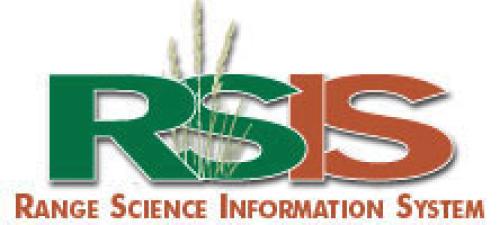Painter and Belsky (1993) use the debate over compensatory growth as the focus for discussion about the development of basic ecological research and its application to rangeland management. They suggest that the evidence for overcompensation is scanty and controversial, and results have been misapplied by managers and the press. In this review, Bartolome believes that ecologists and range managers have incorrectly generalized the function of grazing in range ecosystems by failing to recognize the distinctive role of herbivory in semi-arid grasslands. Much of the evidence for overcompensation is from highly productive and intensively managed systems in which grazing plays a very different role than it does on most rangelands. The various studies examining plant response to grazing or to clipping need re-evaluation because there is no solid evidence for an ecosystem-level response to selective defoliation in semi-arid and arid rangeland systems. Establishment of better links of plant-animal interactions to system function may require better coordination between range managers, who manage ecosystems and communities, and ecologists, who usually experiment with individual plants and populations.

Citations and enhanced abstracts for journals articles and documents focused on rangeland ecology and management. RSIS is a collaboration between Montana State University, University of Idaho, and University of Wyoming.